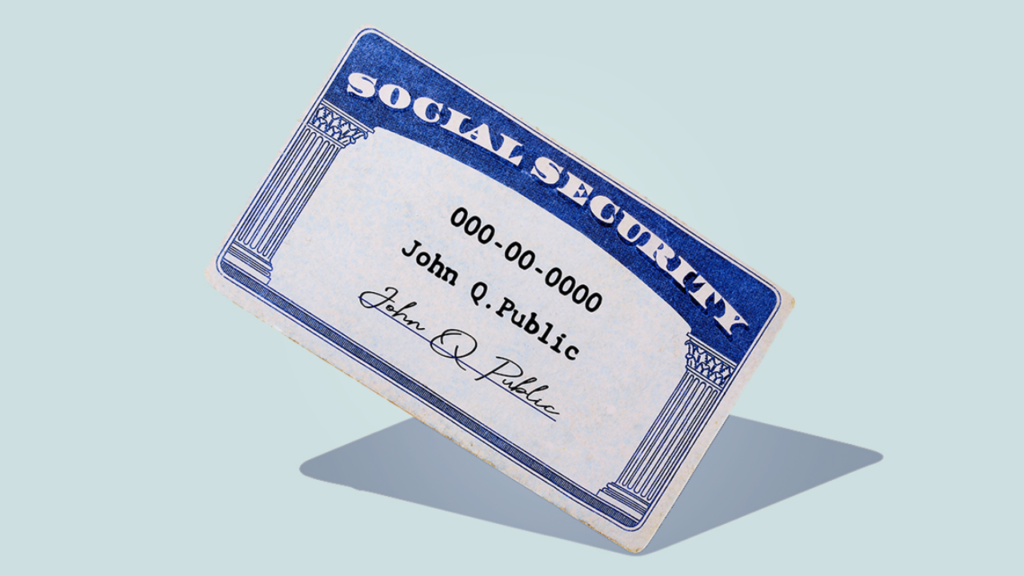Former President Donald Trump has floated a bold idea—getting rid of individual income taxes entirely. During a recent conference, he said, “Instead of taxing our citizens to enrich foreign nations, we should be tariffing and taxing foreign nations to enrich our citizens,” according to Fox Business.
How Much Money Could You Save?
If income taxes were eliminated, American households could see a significant boost in their take-home pay. For a married couple filing jointly, the savings could be $5,032 based on the current 2024 tax rates.
Here’s the math behind that:
- The couple claims the standard deduction of $29,200, reducing their taxable income to $45,800.
- The first $23,200 is taxed at 10%, resulting in $2,320 in taxes.
- The next $22,600 is taxed at 12%, adding another $2,712.
- Total income tax: $5,032.
For a single taxpayer, the savings would be even greater—$8,341:
- After the standard deduction of $14,600, taxable income is $60,400.
- 10% on the first $11,600 = $1,160
- 12% on the next $35,550 = $4,266
- 22% on the next $13,250 = $2,915
- Total savings: $8,341
What About Social Security and Medicare Taxes?

Trump hasn’t made it clear whether he would eliminate FICA taxes—the payroll taxes that fund Social Security and Medicare.
Currently, these taxes are split between employers and employees, with each paying 7.65%, or 15.3% for self-employed workers.
If FICA taxes were scrapped, both single and married taxpayers could save an extra $5,738 per year. Unlike income taxes, FICA applies to total wages with no deductions, so the amount saved would be consistent across income brackets.
Sounds Great — But What’s the Catch?
While eliminating income taxes might sound like a dream come true, there are serious consequences and practical challenges.
1. Where Will the Government Get the Money?
In 2024, the U.S. Treasury collected about $2.43 trillion in individual income taxes, making up nearly half of all federal revenue.
Unless there are massive spending cuts—which haven’t been detailed yet—the government would need to find new ways to fill the gap.
Trump’s administration has proposed steep tariffs on foreign goods, but even large-scale tariffs won’t come close to covering the loss.
That could lead to other types of taxes, like a national sales tax or a value-added tax (VAT).
“The federal government would need to implement alternative ways to make up for the lost revenue,” said Thomas Brock, CFA, at Retire Guide. “Most likely, this would translate to a consumption tax and/or a reduction in public benefits and services.”
2. Impact on Low-Income Families
Many lower-income households get back more from the government in tax credits than they pay in taxes.
These refundable credits act as a kind of financial lifeline. If income taxes are eliminated, these benefits could disappear, putting families at risk.
“I am currently overwhelmed with bankruptcy filings,” said Jillian Hishaw, an attorney at Hishaw Law. “Families earning under $75,000 often rely on tax refunds. When they declare bankruptcy, they usually file for Chapter 7, where they have no real assets left to repay debt.”
3. Losing Incentives That Help You Save
Income taxes aren’t just a way to raise money—they’re also used by the government to encourage certain behaviors.
Tax credits and deductions exist to support homeownership, retirement savings, and families with children.
Without income taxes, we could lose incentives like:
- Retirement contribution tax breaks
- Child tax credits
- Mortgage interest deductions
“Without taxes, some tax incentives, such as retirement contributions, would disappear,” explained Chad Gammon, CFP at Custom Fit Financial. “Taxpayers might not save as much for retirement.”
Bottom Line: It’s Not That Easy
While the idea of eliminating income taxes is certainly eye-catching, the reality is much more complicated. It would be extremely difficult to replace that amount of revenue without major side effects, like new taxes or big cuts to government services.
What’s more likely? A potential reduction in tax rates or adjustments to tax brackets could offer some relief without completely disrupting the system. But don’t count on saying goodbye to income taxes—or tax filing season—anytime soon.
Disclaimer- Our team has thoroughly fact-checked this article to ensure its accuracy and maintain its credibility. We are committed to providing honest and reliable content for our readers.






